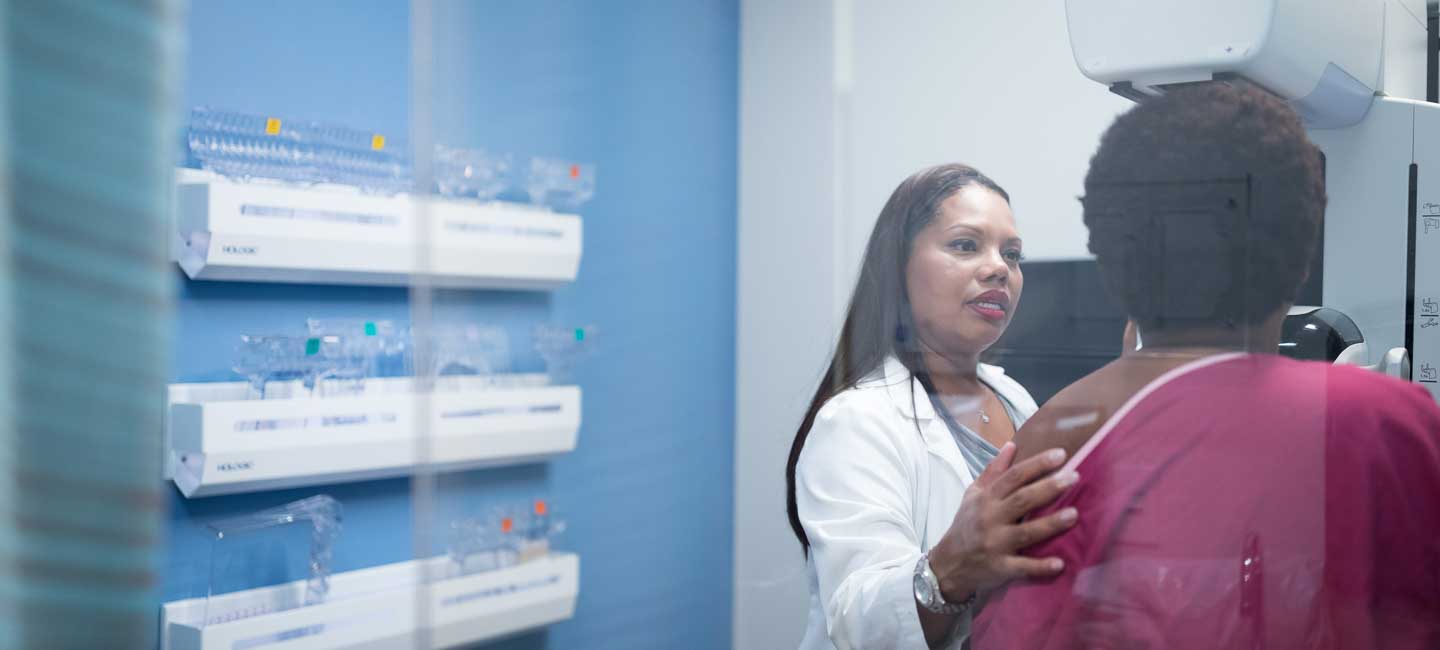All Women May Soon be Notified of Breast Density Following a Mammogram
Do you have dense breasts? For about half of American women over age 40, the answer is yes, but they may not know it. That’s why the Food and Drug Administration (FDA) is proposing policy changes to the Mammography Quality Standards Act of 1992. The proposed changes, including mandatory breast density reporting, have the potential to improve the quality of mammography services provided to patients nationwide.
Moffitt Cancer Center has already adopted the proposed changes. In 2018, Moffitt revised its communications to patients, so all women who get a mammogram receive a letter indicating whether or not they have dense breasts. Moffitt also does a risk assessment letting patients know what their lifetime risk is of developing breast cancer based on individual risk factors, such as family history. Bethany Niell, M.D., Ph.D., says, “At Moffitt Cancer Center, subspecialized breast radiologists will continue to report breast density information to patients and their referring providers in order to facilitate informed and individualized discussions about breast cancer risk and early detection with appropriate breast cancer screening tests.”
What are dense breasts?
Breast density refers to the way different types of breast tissue appear on a mammogram. Dense breasts typically have more glandular tissue and fibrous connective tissue and low amounts of fatty breast tissue. A mammogram is the only way to tell if a woman has dense breasts because it cannot be felt during a clinical breast exam or a self-breast exam.
Thinner women tend to have dense breasts, but it may also be hereditary or have no explanation.
Why it Matters?
It can impact cancer detection and risk. Dense breast tissue looks white on a mammogram, whereas fatty tissue looks gray. Since tumors also show up as white on a mammogram, it is more difficult to decipher a tumor from tissue in women with dense breasts.
What is My Risk?
According to the National Cancer Institute, 12.4 percent of women will be diagnosed with breast cancer at some point in her life. Women with dense breasts have an increased risk of developing breast cancer.
What Should I do?
If you are notified that you have dense breasts, it is important to speak with your doctor and listen to their recommendations based on your risk factors.
This is the first time in 20 years that the FDA is proposing amendments that would improve the quality of mammography services. The proposed rule is available online here for public comment for 90 days from publication.



